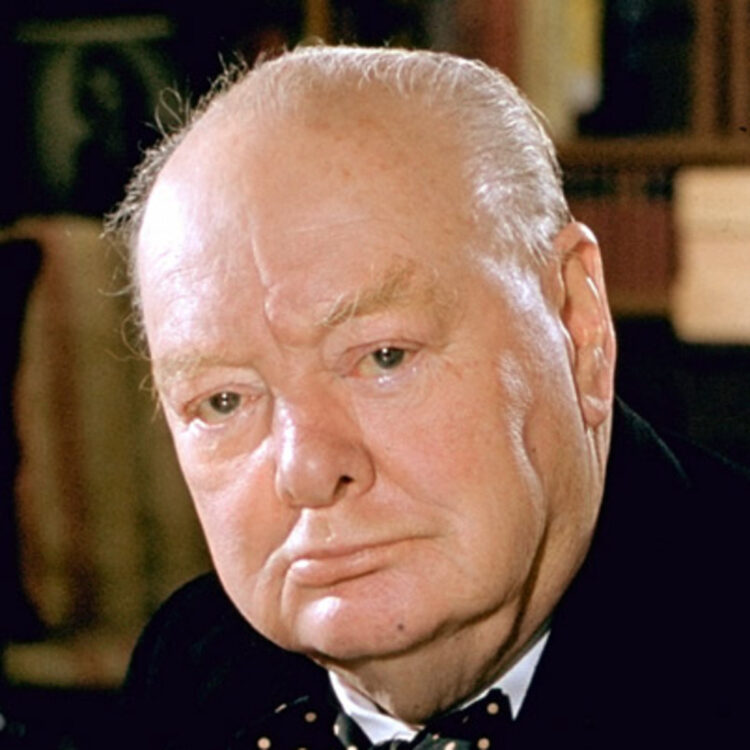By Lucy Caulkett-
The BBC has been accused of rewriting British history to promote a woke agenda by a group of the country’s leading academics.
The group made reference to multiple examples of “bias” in its documentaries.
The report alleged that the BBC was failing in its duty of impartiality by allowing “politically motivated campaigners” to present “tendentious” views of British history as fact.
The programmes singled out by the report include The Misadventures of Romesh Ranganathan where the comedian and presenter visits Sierra Leone. The BBC Two travel documentary series won a BAFTA for Best Features in 2020.
During filming of the Sierra Leone episode Romesh visits Bunce Island where a fort was built by a British company in 1670 as a holding point for slaves.
Lord Roberts, the author and broadcaster, accused the BBC of pursuing a “fatwa” against Sir Winston Churchill in documentaries on subjects including slavery, colonialism and the Irish famine distort the truth about Britain’s past through inaccuracy or omitting important facts.
The report was not elaborate about the details of how the BBC allegedly pursued a fatwa against Sir Winston Churchill(pictured)
Marie Kawthar Daouda, a lecturer at Oxford University, said the BBC needs to “stop apologising” for Britain’s history. Jeremy Black, the former professor of history at Exeter University, said the BBC was guilty of “systemic failure” through an inability to present a rounded picture of the past.
The report put together by David Abulafia and Robert Tombs – both of whom are professors emeritus at Cambridge University was very critical of the BBC.
Supporters of the organisation include Lord Chartres, the former bishop of London; Vernon Bogdanor, professor of government at King’s College, London; Niall Ferguson, the broadcaster and fellow of Stanford University, and Lawrence Goldman, emeritus fellow of St Peter’s College, Oxford.
The authors of the report, titled Can We Trust The BBC With Our History?, called on the BBC to tighten its editorial guidelines and set up an advisory panel of historians to reduce “groupthink” among programme makers.
Programmes highlighted in the dossier include The Misadventures of Romesh Ranganathan, in which the comedian visits Freetown in Sierra Leone and discusses Britain’s role in the slave trade, without mentioning that the city – so-called because it was the destination of freed slaves – was set up by the British.
A current affairs programme suggested the Bengal famine of 1943 was a consequence of racism on the part of Churchill, despite the fact that Britain sent large shipments of food to the Indian region in the face of wartime food shortages.
Lord Roberts described it as an example of a “fatwa” he says the BBC has been conducting against Churchill for years, while Zareer Masani, a historian of Indian heritage, said he was “appalled” by the BBC’s claims.
The report also criticised Enslaved with Samuel L Jackson as well as a BBC Radio 4 documentary about Sarah Forbes Benetta, one of the only black women in Victorian high society.
A spokesman for History Reclaimed said: “Abuse of history for political purposes is as old as history itself. In recent years, we have seen politically motivated campaigns to rewrite British history in a way that undermines the solidarity of our communities, our sense of achievement, even our very legitimacy.
“The BBC, of all institutions, should never accept as fact arguments put forward by politically motivated campaigners. Sadly, it appears that tendentious and provocative arguments seem to be given preference, and they have often been relayed without proper concern for accuracy.
“At their best, the BBC’s programmes are of high quality and are widely praised. But regrettably, it seems that the BBC, for all its merits, does not always respect the objectives set out in its charter and its claim to be strictly impartial.”
Prof Tombs, co-editor of History Reclaimed, said: “The report identifies a pattern of failure by the BBC that points unmistakably to conscious or unconscious bias.
A BBC spokesperson said:
“We place the greatest importance on accuracy and bring audiences a breadth of viewpoints, perspectives and analysis across thousands of hours of news, current affairs and factual programming, covering a range of historical topics.
“Across the entirety of our output there will, of course, be occasions when people disagree with or want to challenge what they have watched or heard and we have well publicised routes for them to do that.
“Cherry-picking a handful of examples or highlighting genuine mistakes in thousands of hours of output on TV and radio does not constitute analysis and is not a true representation of BBC content.
Marie Kawthar Daouda, a lecturer at Oxford University David Abulafia and Robert Tombs from Cambridge University has been contacted for comment




